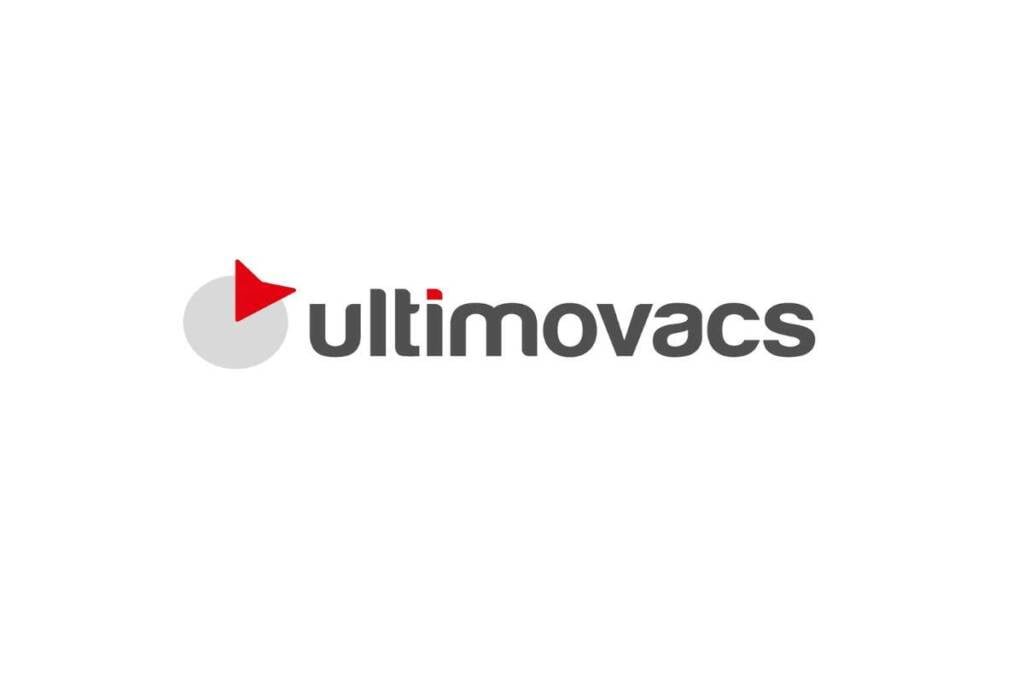Ultimovacs, a Norwegian biotech company, is grappling with prolonged delays in obtaining midphase melanoma trial data, prompting the company to consider alternative strategies. The setbacks arose due to sluggish disease progression, causing the company to contemplate different data readout approaches. The trial, known as INITIUM, was devised to evaluate the impact of integrating Ultimovacs’ cancer vaccine candidate UV1 with Bristol Myers Squibb’s checkpoint inhibitors Opdivo and Yervoy. Initial enrollment of 156 first-line melanoma patients concluded in July 2022, with an estimated 70 participants expected to experience disease progression or mortality by the first half of 2023, based on historical Opdivo and Yervoy data.
In April, Ultimovacs extended its target completion date to the latter half of 2023 due to slower-than-anticipated tumor progression in trial participants. Subsequently, on Tuesday, the company postponed the data readout to the first half of 2024, prompting exploration of alternative data analysis methods. Dr. Jens Bjørheim, Ultimovacs’ Chief Medical Officer, informed investors during a Q2 results conference that most patients had reached the progression-free survival plateau consistent with checkpoint inhibitor recipients. This has led the company to consider the possibility of concluding the trial ahead of reaching the predefined event threshold. Dr. Bjørheim noted that internal discussions on alternative data analysis methods were underway and that consultations with regulatory authorities would occur in due course. The potential involvement of the independent data monitoring committee in reviewing efficacy data remains under consideration.
Despite not disclosing their proximity to the pivotal 70-event threshold, Ultimovacs’ announcement indicates that patients are experiencing notably prolonged periods of health compared to projections. In contrast to the median progression-free survival (PFS) of 9.5 to 11.5 months observed in Bristol Myers Squibb trials, all INITIUM participants have been monitored for at least 13 months.
The driving factor behind the enhanced PFS, whether attributed to UV1 or other elements, remains unclear. UV1 comprises three synthetic peptides designed to stimulate T-cell responses against telomerase—an enzyme prevalent in cancer cells that fuels their rapid proliferation. Although UV1 didn’t enhance PFS in a phase 2 mesothelioma trial, Ultimovacs highlighted other positive indicators.
Financially, Ultimovacs is secured until the latter part of the following year. According to the present timeline, the company anticipates unveiling data from the INITIUM trial, alongside outcomes from two other randomized phase 2 UV1 trials, before depleting its financial resources. The evolving situation necessitates careful consideration of the company’s options and strategies to navigate this unique challenge.





























